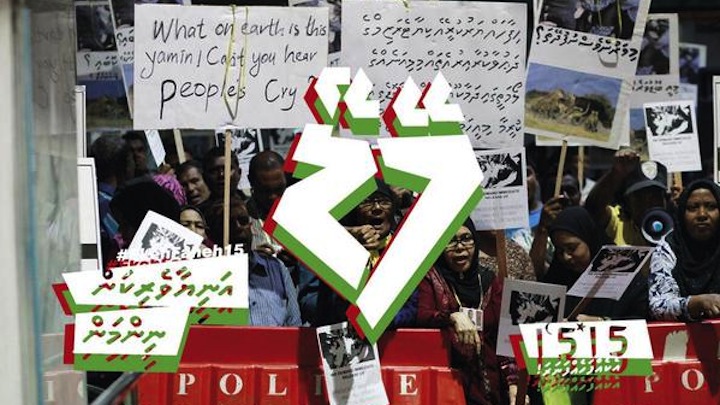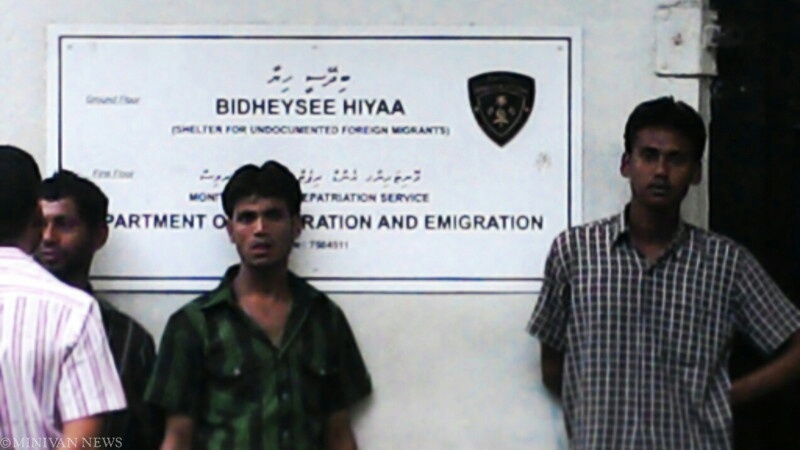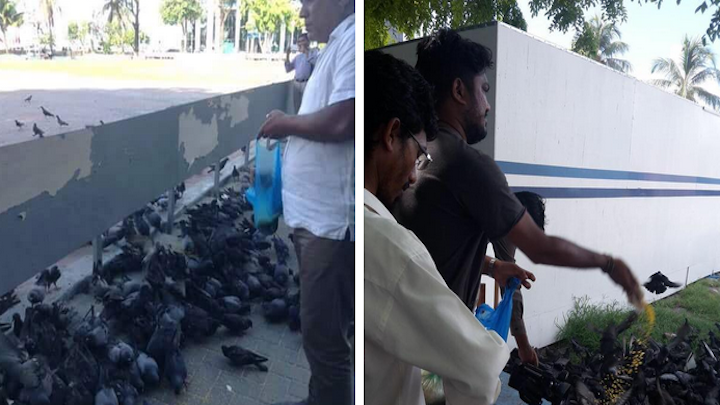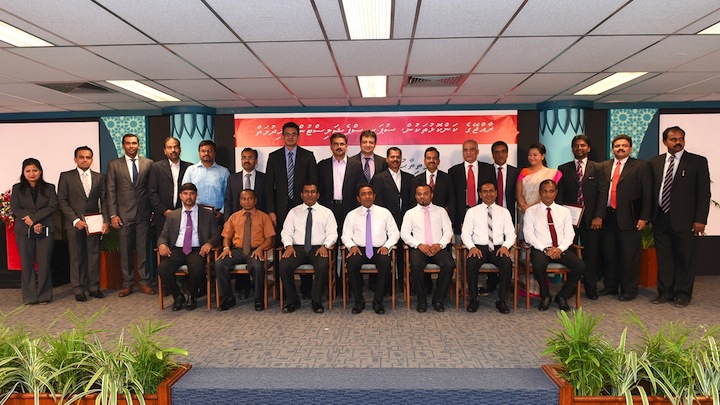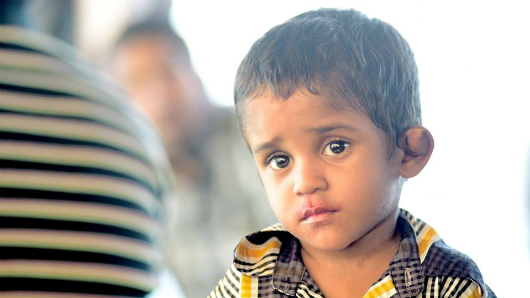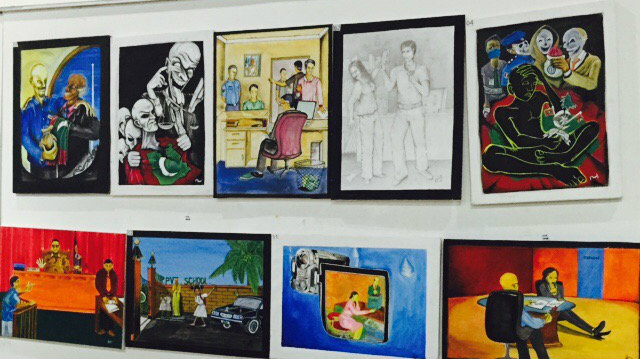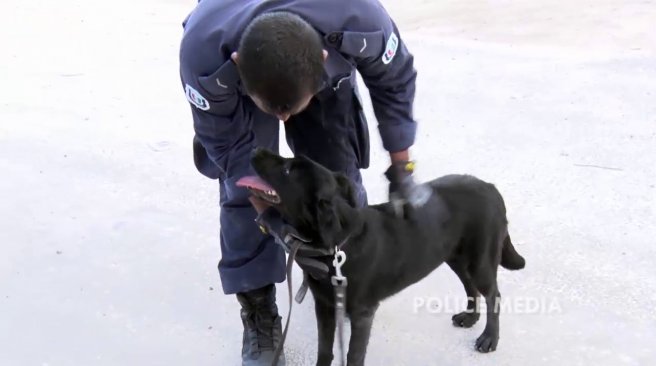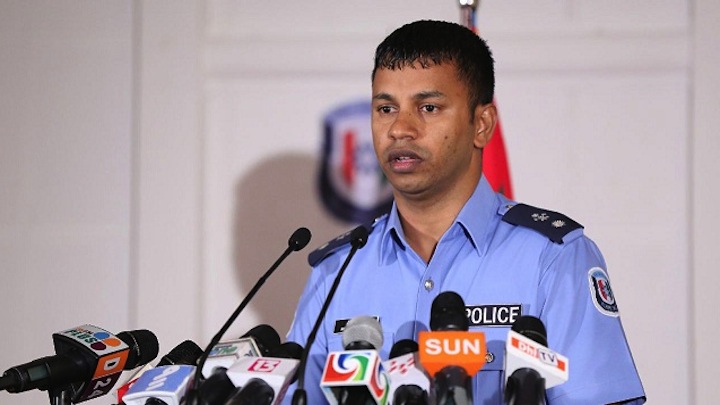The opposition alliance has invited civil society groups and worker’s associations to join its anti-government May Day mass rally.
NGOs and civil society organisations have a responsibility to bring an end to the alleged injustices of the current administration, former deputy gender minister Sidhaatha Shareef told the press today.
“The civil society is the fourth power of the state. But today we see the government narrowing their rights to make them useless,” said Sidhatha, a senior member of the religious conservative Adhaalath Party.
The ‘Maldivians against brutality’ alliance, made up of the main opposition Maldivian Democratic Party (MDP), the Adhaalath Party (AP) and leaders of business tycoon Gasim Ibrahim’s Jumhoory Party (JP) claims at least 25,000 people will take part in the May Day protest.
Leaders of the alliance have been traveling across the country to rally support ahead of the demonstration, issuing stern warnings to the government and urging opposition supporters to converge on the capital on May 1.
Political tensions have been running high since the sentencing of former president Mohamed Nasheed and ex-defence defence minister Mohamed Nazim to 13 years and 11 years in jail, respectively.
Earlier this week, tourism minister Ahmed Adeeb challenged the opposition to a confrontation on May 1, prompting fears of a stand-off and civil unrest.
Mauroof Zakir, secretary general of the Tourism Employment Association of Maldives (TEAM), told Minivan News that the group will consider accepting the invitation after internal discussions.
“TEAM will analyse what would be the benefits of us joining in the rally. We will look into what the employees of the tourism industry will get from joining them,” he said.
“It is possible TEAM will decide on participating after discussions.”
The influential NGO is currently preparing a petition – with more than 5,000 signatures to date – demanding implementation of the government’s pledges to distribute resort shares to employees and establish a US$600 minimum wage.
Teachers Association of Maldives (TAM) said it will not participate in the opposition rally, stating it would affect their credibility as an association free of political influence.
“TAM is currently working on solving problems through negotiations. We wouldn’t want to be seen as an association sided with a political party or influenced by politicians,” said Ali Nazim, the secretary general of TAM.
Meanwhile, Sobah Rasheed, a senior JP member, said at today’s press conference that the political parties and the civil society are working towards a common goal.
“Today, both the civil society and the political parties are working to protect our human rights, to secure our civil rights which are increasingly being diminished by this dictatorial regime,” he said.
“This does not make the NGOs political but rather they are playing a crucial role in saving the nation.”
The government has been “brutal” in consolidating powers, contended former MDP MP Ahmed Easa, a former president of TEAM.
“Everyone knows that the civil service commission is ruled inside the president’s office. That is also brutality. Someone has to stand up for the rights of the civil servants. Trade unions, local NGOs and the political parties have a responsibility to fight for their rights,” he said.
